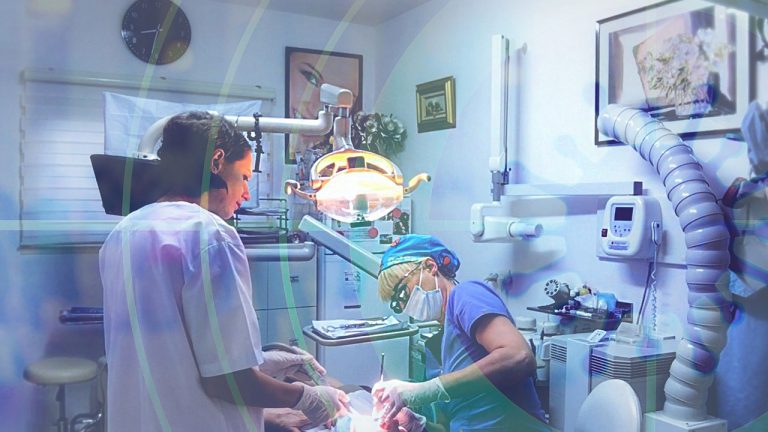

A growing trend in the medical field is offering a doctor answering service. This is a call-in service that allows patients to ask questions during off-hours. A 24 hour answering service makes medical information available to patients regardless of the time or day. For many, being able to call their doctor’s office during regular business hours is not possible due to their work schedule.
One important factor to having a successful doctor answering service is that the calls are answered by a real person and that the person answering the phone is knowledgeable enough to answer most questions.
According to recent studies, 80% of people will hang up if they call a business and get a voicemail message. Nearly 80% reported they prefer to communicate via phone than any other option. Additionally, over 90% of people in the United States are within reach of their mobile phone 24hours a day 7 days a week.
When asked specifically about customer service experiences, which a medical answering service could be classified as, people reported being turned off by heavily scripted phone conversations. Phone scripts reportedly lack both emotion and empathy. When dealing specifically with a doctor answering service, the person calling is likely in a state of worry or concern about a potential medical problem. Empathy is a highly important quality and essential to connecting with the person on the phone and helping them to stay calm.
Another survey showed that two-thirds of consumers are willing to spend more with a specific company if they experience a positive customer service experience. Translating this information to the medical field means providing patients with excellent around-the-clock customer service will maintain their loyalty.
Telephone customer service experiences are rated much higher in regards to satisfaction than online customer service experiences. There are plenty of websites that offer medical advice or allow patients to live chat with a physician, but they are not as well liked or followed as the answering serve?s when they are available.
Recently, it was shared that companies in the United States are losing upwards of $41 billion a year as a result of poor customer service. While some may argue a doctor’s office is a service, opposed to a business, that would be deceiving. Doctor’s offices are for-profit operations, which means they classify as businesses.
When a patient has a bad customer service experience with their doctor’s office, they are more likely to look for a new doctor. If they feel their doctor is never really available to them, they are more likely to seek out another doctor. Finally, if they feel they never really get their questions answered, they are more likely to seek out a new doctor.
Last but not least, customer report preferring to be offered a callback, opposed to having to wait on hold. When setting up answering services, consider setting an automatic call back. Finding little ways to provide patients with a more positive customer service experience can greatly impact the success of the practice without adding huge additional expenses.


